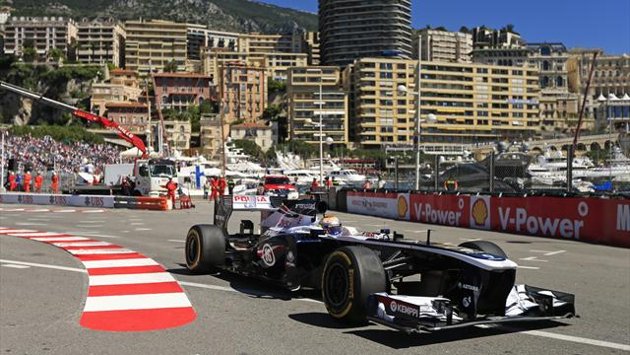The new 2014 F1 engine regulations will introduce new technologies that will make the sport much more beneficial to automotive manufacturers – but could it come at the price of the independent teams?
The present V8 units, which have been in operation for many years, will be changed next season, by small capacity turbo motors coupled with an improved KERS unit and complicated brand new turbo power recovery systems – and it has very long been debated whether this is a move for the better.
There are only three engine manufacturers whom have actually produced to this new design – Renault, Mercedes and Ferrari – while Honda has dedicated to introduce a new device in 2015.
The reality that Honda has been drawn right back by the brand new laws could be seen as vindication of the investment of the emerging technologies. Therefore too could the fact that Formula E, the brand new all-electric series beginning in 2014, is collecting momentum, meaning F1 must do something to attempt to keep manufacturer relevance because it is they whom have turned F1 into what it is today.
But this investment comes at a cost – and it’s not the huge manufacturers who bearing all of the expenses.
The acquisition cost of a brand new F1 powerplant (which is exactly what they’re today known as) has doubled for following year, and with engine costs already the main part of a budget for the independent teams, this could have a serious effect on how the Grand Prix’s span out for next year.
Red Bull employer Christian Horner claims F1 had been wrong to welcome the brand new laws, but that is certainly not what we at Autoiq.co actually think.
F1 is right to bring in the brand new laws, because it requires to remain appropriate – but to counter the expense it needs the FIA to step in and set up some regulations to restrict spending to keep private investors filling the grids.
